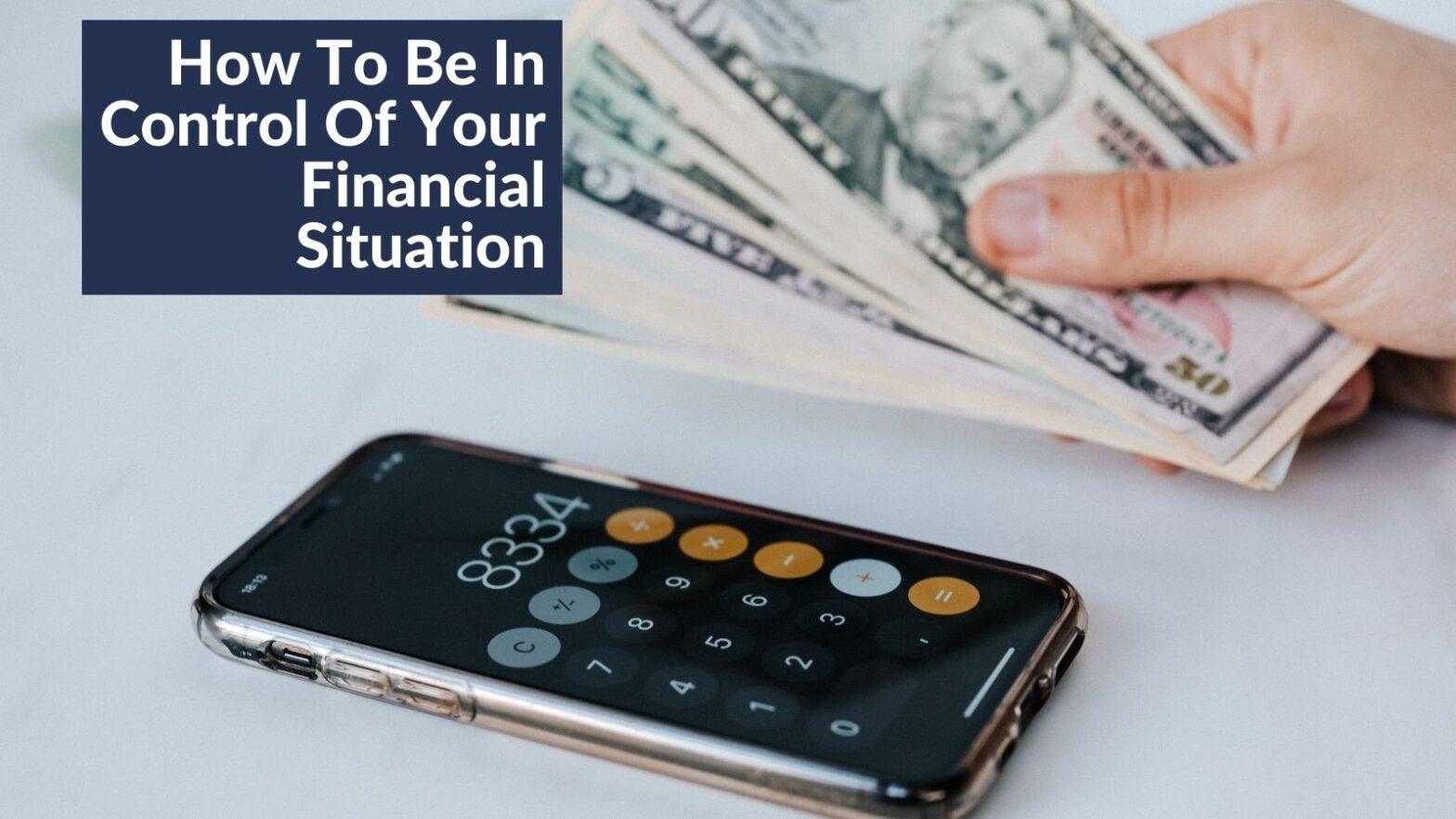Author: Luke Fitzpatrick, Entrepreneur Leadership Network Writer
Oftentimes in our lives, things don’t exactly go to plan. And when the going gets tough, they can very quickly derail our personal finances. Preparation is the best way to avoid freaking out and deciding to increase your line of credit, as that’ll only lead to racking up even more debt. So with that in mind, here are some tips to strategically secure your finances.
Pay debts strategically
Reducing and eventually eliminating your debt is one of the most effective ways you can secure your finances. It is absolutely essential to pay all of your debts on time, even if you have to carry over a balance. This is because it can have a majorly negative impact on your credit rating, which could be there for up to 5 years.
Start by paying off your most expensive debts with the highest interest rates first, while always paying at least the minimum amount on everything else. Once that’s paid off, you can put all that money each month into paying off debts with lower interest rates.
Access credit reports
Your credit report is a record of credit inquiries, defaults, and outstanding debts. So it certainly pays to keep an eye on your credit report. Not only because it tells you what Creditors see when you apply for credit, but it’s the best way to ensure there’s no fraudulent activity.
You can request a free copy of your credit report once every three months from all three of the major reporting bodies of Equifax, Illion, and Experian. If there are any errors or signs of identity theft, you should contact the reporting agency immediately to have a ban placed on your file while the issue is fixed. You should also contact the finance company involved as well as the police if necessary.
Build emergency funds
Having access to a stash of emergency savings is very important to protect your financial situation in an unexpected crisis. Whether you’re going through a property settlement, you’ve been made redundant, or there’s another global pandemic, having backup cash available to you means can avoid racking up unnecessary credit card debt.
During a crisis, the last thing you want during a crisis is to be forced to borrow additional funds at higher interest rates or incur other expenses. Even if you can only afford to make smaller contributions into a separate account, an emergency fund can save you from getting yourself into a risky financial situation.
Automate your transfers
Setting up automated transfers is one of the best parts of banking technology because you no longer need to go into a bank to do it. Most Australian banks nowadays allow you to set up various automated fund transfers online or within their banking app, not just between your own accounts. That means you can choose a specific amount of each paycheque to be automatically transferred into your savings account.
You can also set up direct deposits to pay portions of bills via Bpay each payday, so you don’t even get a chance to spend it. Understanding how to automate where your money goes may even help inspire you to hit your savings goals faster and come up with even more ways to save. And because it happens automatically without even thinking about it, you won’t be tempted to spend it.
Nowadays, many banks use open banking, which enables financial institutions to share personal information and financial data with 3rd-party providers using APIs. Open banking makes it easier, efficient and gives consumers more control over their data to share data securely — which, streamlines processes like applying for a home loan, signing up for a new debit card, applying for investments loans, more user-friendly.
Monitor your accounts
It’s so easy to shop online and in-store with debit and credit cards these days, which is why it’s so important to check that every transaction is completed accurately. In fact, because online banking makes it super easy to check transactions instantly, you should be reviewing the activity on all your accounts daily. Or at the very least review all of your credit card and other bank statements once a month.
You should also save all your paper receipts or have them emailed to you electronically to compare them against your statements. Not only will account monitoring help you to identify any financial problems and fix them quickly, but it’s also a good way to find additional funds you may be able to stick into your personal savings.
Start a side hustle
The fact is, many people struggle with debt, not to mention the rising cost of living. One way to help make ends meet is to create a secondary source of income. And, a side hustle
can be the best way to help bridge the gap!
Side hustles are excellent ways to earn some extra cash on the side of your 9-5 job. And, while there are many side hustles to choose from, some work better than others depending on your skill set and interests.
Some ideas for side hustles are:
- Babysitting on weekends or evenings
- Pet sitting (especially overnight pet sitting)
- Proofreading documents and/or writing for a blog
- Interior decorating / organizing
- Making crafts and selling them online or at local markets
- Private lessons (music, art, language)
- Freelance writing
- Photography / videography
Pick something that you can do in your spare time, and in no time, you can start earning an extra $1000/month. And that money can go towards paying down debt, creating an emergency fund, or saving for retirement.
You’ll be surprised by how much of a difference a second source of income can make!
Luke Fitzpatrick has been published in a variety of publications such as Forbes, Tech In Asia and The Next Web. He is also a guest lecturer at the University of Sydney, lecturing in cross-cultural management and the pre-MBA program.

